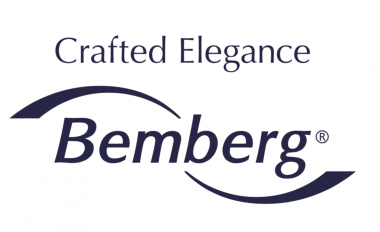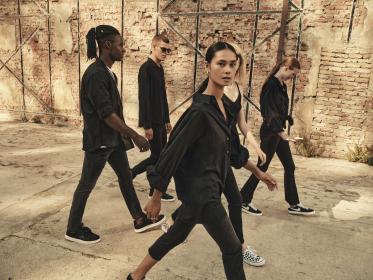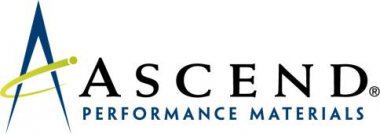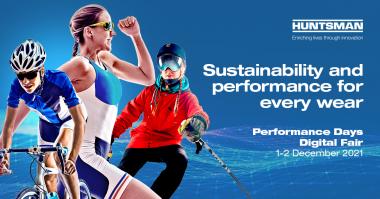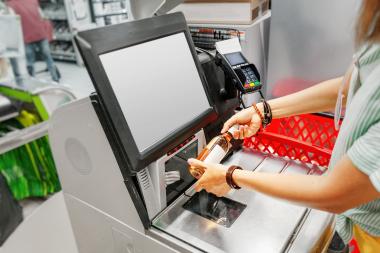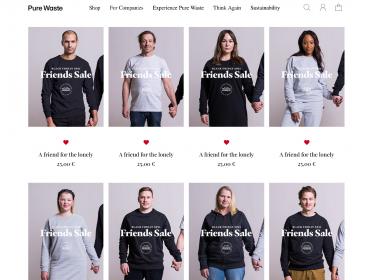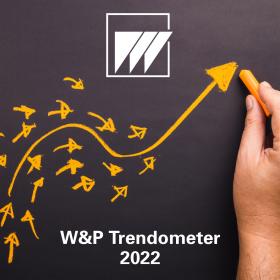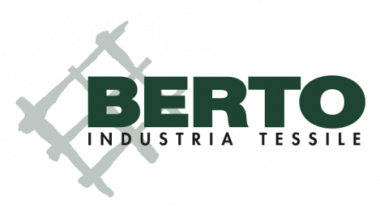Bemberg™ by Asahi Kasei celebrates 90th anniversary
The new claim “Crafted Elegance” embodies Bemberg™’s values of preciousness, uniqueness, quality and refined aesthetic blended with innovation and responsible values. In 2021 Bemberg™ celebrates nine decades of commitment to deliver true timeless beauty, style and touch thanks to its responsible innovation heritage and soul. And today it relaunches a new gender aesthetics that speaks about contemporary values of transparency, inclusivity and sustainability.
Bemberg™ is all about joyful comfort, premium values delivering an unparalleled wellbeing. It’s the one-of-a-kind material that offers design, beauty, innovation and responsibility all at once.
Its heritage talks about premium high-quality lining for formal and sportswear, but the contemporary and worldwide journeys and designers’ cooperation are talking about fashion, outerwear, innerwear dedicated to contemporary consumers.
Bemberg™ by Asahi Kasei is the brand name of the regenerated cellulose fiber made from the smart tech transformation of cotton linters - short downy fiber enfolding cotton seeds. It is pre-consumer materials obtained from manufacturing process of cotton oil that are converted through a traceable and transparent closed loop process, taking place in Nobeoka, Japan, the only plant producing Bemberg™ at worldwide level. So, the Bemberg™ DNA is really based on a circular economy approach.
Bemberg™ fiber is the key ingredient of some of the most cutting-edge design innovations on planet Fashion, proving to be a sustainable, responsible and innovative material.
The Bemberg™’s 90th anniversary signs also another important moment for the company. Mr. Koji Hamada is appointed as new CEO of Asahi Kasei Fibers Italia. Mr. Hamada has a strong connection to the Italian market having already spent more than 5 years in the Gallarate’s headquarter working in close contact with all partner of the territory.
Asahi Kasei / GB Network


